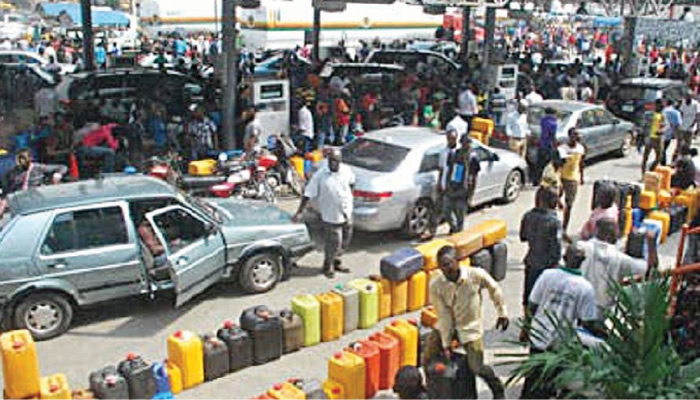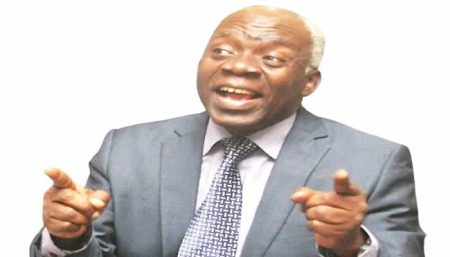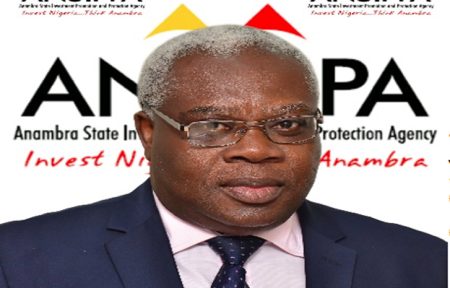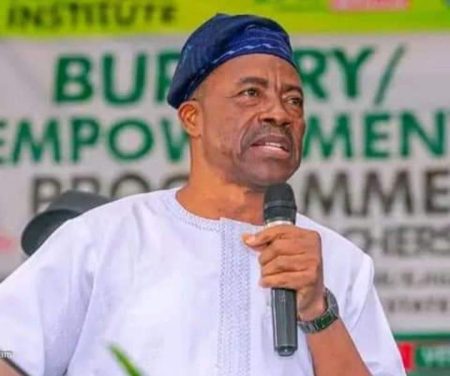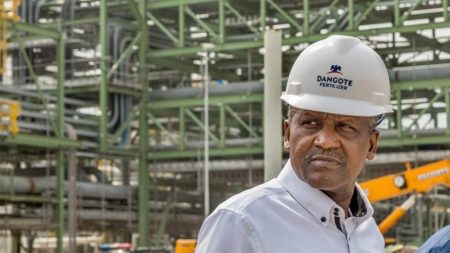The recent surge in petrol prices across Nigeria, evident in long queues and closed filling stations in major cities like Lagos, Ogun, Abuja, and Port Harcourt, has sparked concern and frustration among consumers. Oil marketers, however, maintain that they are not to blame for the price hikes, attributing the increases to fluctuations in global crude oil prices and the consequential rise in production costs. The Dangote Petroleum Refinery, a significant player in the market, recently increased its ex-depot price, triggering a ripple effect across retail outlets. Many stations opted to temporarily close, choosing to observe market dynamics before adjusting their prices to avoid potential losses. Those that remained open often sold petrol at prices exceeding N1,000 per litre, leading to long queues at stations offering slightly lower prices.
The Petroleum Products Retail Outlets Owners Association of Nigeria (PETROAN) has vehemently defended its members, echoing the marketers’ stance that the price increases are a direct consequence of rising international crude oil prices. Benchmark prices like Brent crude, WTI oil, and the OPEC basket have all seen significant increases, reaching four-month highs due to factors such as new US sanctions against Russian oil. PETROAN emphasizes that under the Petroleum Industry Act, petrol prices are now determined by market forces, not government fiat, meaning that refinery operators and retailers must adjust their prices in response to global market fluctuations. The association argues that its members cannot be expected to absorb these increased costs and sell petrol at a loss.
PETROAN’s president, Dr. Billy Gillis-Harry, stressed the volatile nature of the current situation, highlighting how the fluctuating prices negatively impact retail outlet owners. He emphasized that the association’s members must adjust their selling prices to reflect their buying rates. Blaming retail outlets for price increases is misplaced, he argued, as the root cause lies in external factors, primarily the rising cost of crude oil. To address the long-term challenges of petrol pricing in Nigeria, PETROAN advocates for the privatization of government-owned refineries. This, they believe, will foster competition, enhance efficiency, and ultimately benefit consumers through a more stable and competitive market.
Further recommendations from PETROAN include establishing a robust monitoring and evaluation framework to track downstream operators’ performance, investing in infrastructure development, tackling cross-border smuggling, and prioritizing local refineries’ access to crude oil. The association believes that providing a more conducive business environment for retail outlet owners, including access to affordable financing and infrastructure development, is crucial. This will reduce operational costs, contributing to more affordable petrol prices for Nigerians.
PETROAN has actively engaged with stakeholders in the petroleum industry, participating in forums and discussions to address the sector’s challenges. They have expressed support for President Tinubu’s policy of full deregulation, the unification of foreign exchange rates, and other initiatives aimed at unlocking the petroleum sector’s potential. In a position paper submitted at a recent stakeholders’ forum, PETROAN highlighted the significant milestones achieved in the Nigerian oil and gas downstream sector in 2024, emphasizing the crucial role played by its members in ensuring smooth distribution across the country.
The association’s recommendations for strengthening the sector and ensuring its sustainability include privatization of government-owned refineries, a robust monitoring and evaluation framework for downstream operators, infrastructure investment, tackling cross-border smuggling, and prioritizing crude oil access for local refineries. These measures, PETROAN believes, will create a more stable and efficient downstream sector, ultimately benefiting consumers with more competitive and affordable petrol prices. PETROAN remains committed to collaborating with stakeholders and contributing to the growth and sustainability of Nigeria’s petroleum sector. They believe that by working together, the industry can effectively address the current challenges and ensure a secure and prosperous future for the sector.





